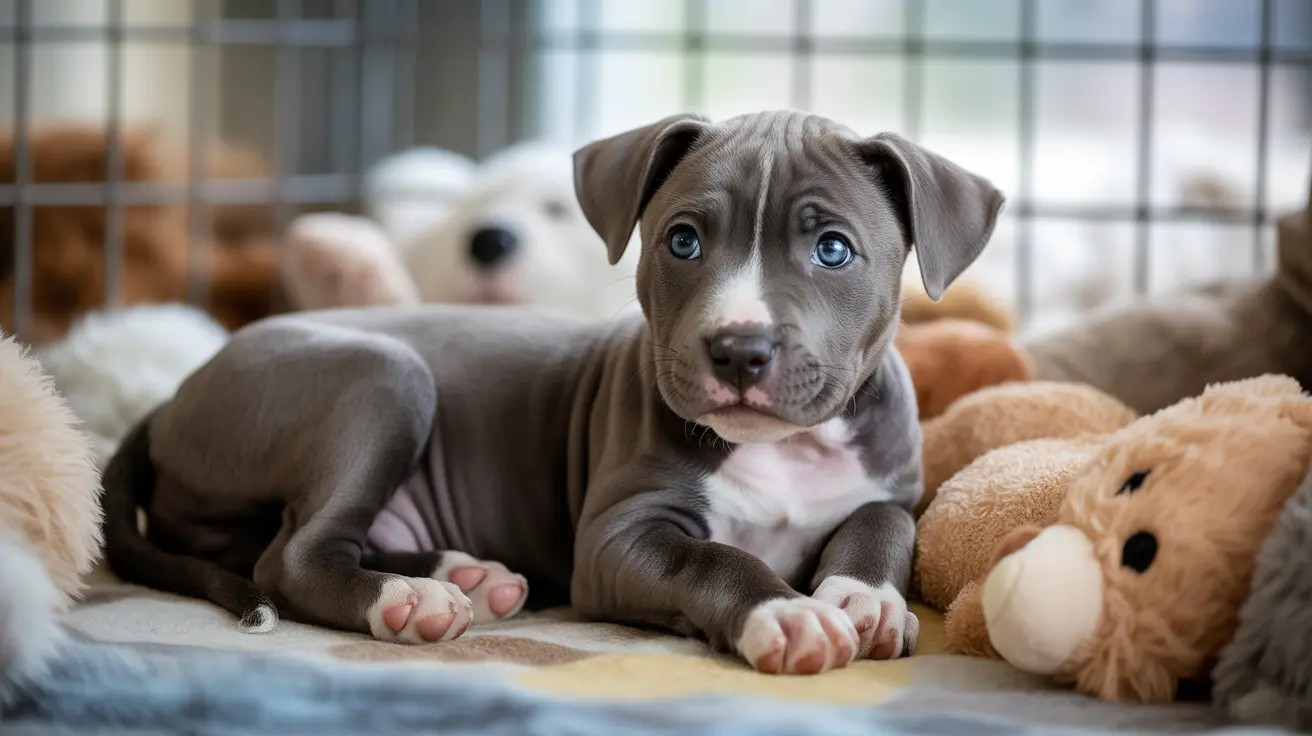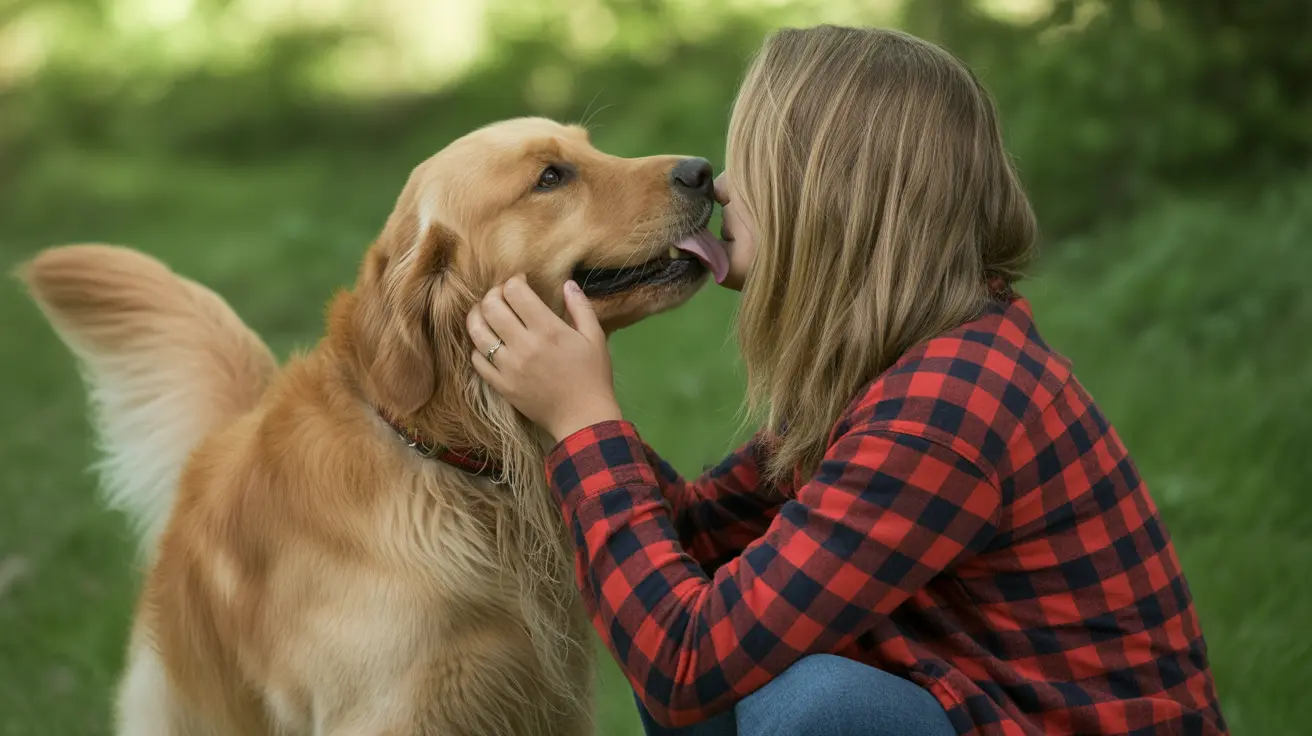Understanding the Disadvantages of Owning a Munchkin Cat
The Munchkin cat is a charming and unique breed known for its short legs and playful demeanor. Originating from a natural genetic mutation, these cats appeal to pet owners due to their small stature and affectionate personalities. However, while they are undeniably cute, owning a Munchkin cat comes with several disadvantages that potential cat parents should be aware of. This article explores the key drawbacks associated with this breed and helps you make an informed decision.
1. Health Issues Related to Skeletal Structure
The most notable feature of Munchkin cats—their short legs—is caused by a genetic mutation called achondroplasia. While this trait gives them a distinctive appearance, it can lead to health complications, particularly involving their bones, joints, and spine. Common issues include:
- Lordosis: A condition where the spine curves downward, causing compression of the organs.
- Pectus excavatum: A malformation of the chest that can affect heart and lung function.
- Arthritis and joint pain: The abnormal bone structure may predispose them to chronic pain and reduced mobility as they age.
2. Limited Mobility and Activity
Due to their disproportionately short legs, Munchkin cats may have difficulty performing basic feline behaviors like jumping high, climbing, or running as agilely as other cats. This can affect their ability to:
- Escape from danger quickly.
- Access elevated spaces like cat trees or window sills.
- Engage in vigorous physical activity, leading to obesity.
These limitations can contribute to a sedentary lifestyle, increasing the likelihood of weight gain and related health issues.
3. Ethical and Breeding Controversies
The Munchkin breed is often at the center of ethical debates. Many veterinarians and animal welfare organizations argue that selectively breeding cats with known genetic deformities raises serious ethical concerns. Breeding two Munchkin cats together can result in non-viable offspring or kittens with severe deformities. Organizations in several countries have even banned or strongly discouraged the breeding of Munchkin cats due to these health risks.
4. Lifespan and Genetic Variability
Munchkin cats generally live between 12 and 15 years, but their unique genetics may potentially shorten their lifespan depending on individual health problems. The genetic mutation responsible for their short limbs can sometimes lead to:
- Unpredictable genetic health issues.
- Reduced hybrid vigor due to focused breeding.
- Increased risk when both parents carry the gene.
Potential owners must ensure they're getting a Munchkin from a reputable breeder who tests for genetic disorders.
5. Special Needs Care
Owning a Munchkin cat may require additional care and accommodations. For instance, you may need to provide:
- Specialized furniture that accommodates their limited climbing ability.
- Restricted heights to prevent injury if they try to jump.
- Regular vet visits to monitor joint and spinal health.
Because of their body structure, simple tasks like grooming or using the litter box could become difficult as they age, necessitating extra attention from the owner.
6. High Cost of Ownership
Munchkin cats are often more expensive to purchase and maintain than other breeds. This is due to:
- Breeding costs and limited availability.
- Medical expenses related to chronic or genetic conditions.
- Customization of your home environment to ensure safe mobility.
Pet insurance may be more expensive or limited for this breed, given their predisposition to hereditary issues.
7. Potential Behavioral Issues
While many Munchkin cats are social and affectionate, they can also develop behavioral issues linked to their limitations. This includes:
- Frustration or anxiety from inability to explore or play freely.
- Territorial behavior if they feel insecure.
- Increased dependency on their owners for stimulation.
Providing adequate enrichment, toys, and interaction is vital to maintaining their mental health.
Conclusion
Munchkin cats are undeniably adorable and can make wonderful companions for the right owner. However, their unique genetic makeup can lead to various health, ethical, and lifestyle challenges. If you're considering adopting a Munchkin cat, it's crucial to weigh these disadvantages carefully, consult with a veterinarian, and prepare for potential long-term care needs. Only through informed ownership can you ensure a happy and healthy life for your feline friend.





